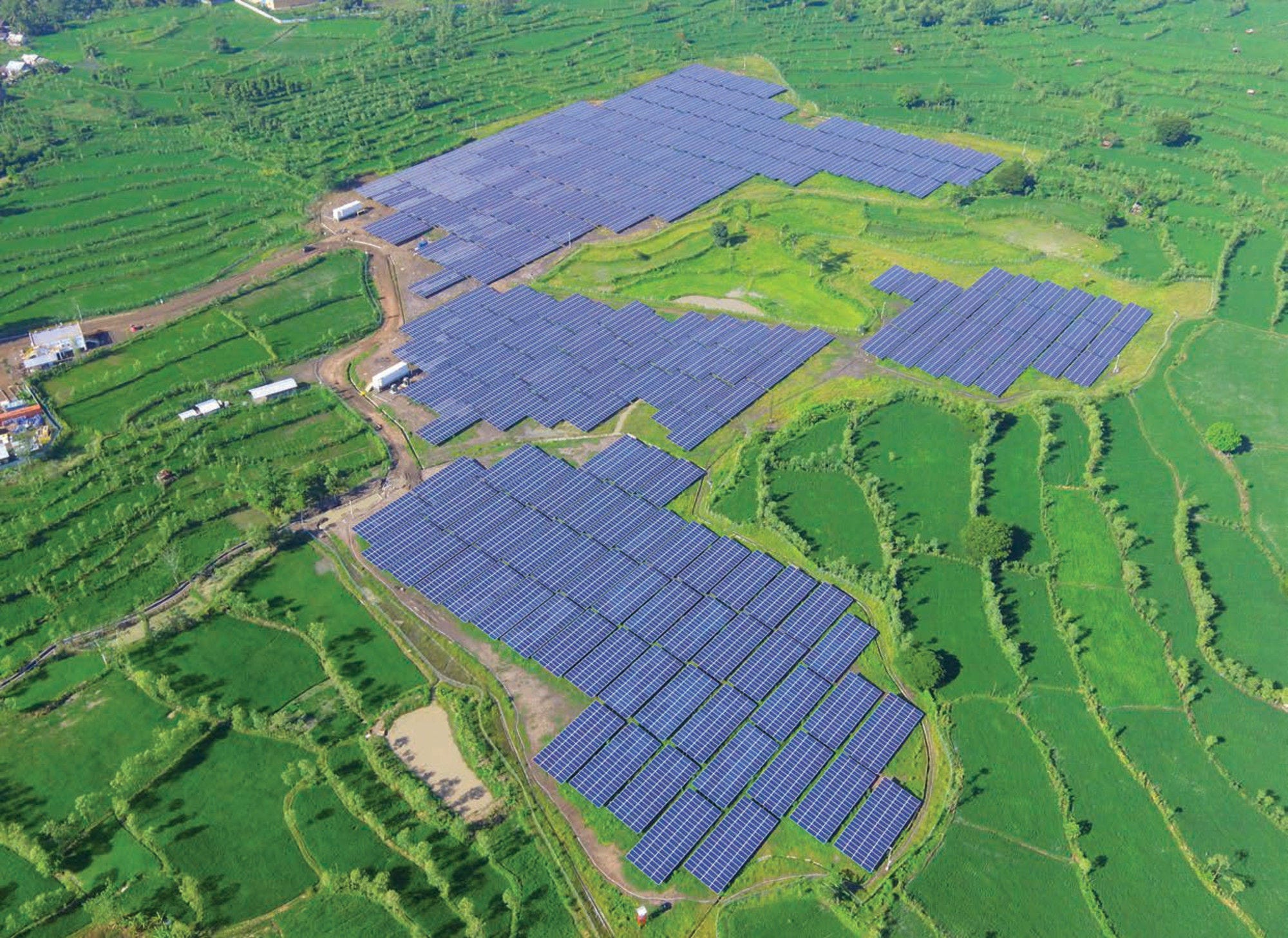The Clean Energy Finance and Investment Policy Review of Indonesia supports Indonesia’s efforts to realise a clean energy transition. It provides a comprehensive overview of the current policy environment, highlighting progress and identifying opportunities for strengthening policy interventions that can help to scale up clean energy finance and investment. The following is a summary of the assessment and key recommendations from six policy areas that form the framework for the review and that are elaborated in chapters 2 through 7.
Clean Energy Finance and Investment Policy Review of Indonesia

Executive Summary
Assessment
The Government of Indonesia is to be commended for signalling from the highest political offices that clean energy is an important part of the country’s future. Development of Indonesia’s abundant renewable energy and energy efficiency potential are critical to meet the country’s sustainable development goals and climate commitments. As other countries and corporates pledge more stringent climate actions, Indonesia will also need to accelerate its clean energy transition if it is to remain an attractive investment destination.
Planning and public governance
The adoption of the low-carbon development initiative (LCDI) as part of the 2020-24 Medium-term National Development Planning (RPJMN) reinforces Indonesia’s commitment to achieve clean energy and climate change targets and could help accelerate clean energy investment. Co-ordination amongst government institutions and other key stakeholders on clean energy finance and investment still is a challenge. Streamlining the regulatory environment while improving national and regional governments’ capacity and resources would improve the delivery of Indonesia’s clean energy targets. The global economic slowdown resulting from the COVID-19 pandemic, which has substantially affected the outlook of the energy sector, also will require an update of Indonesia’s energy plan, the RUEN. The revision represents an opportunity to support clean energy development as part of the country’s recovery programme. This would support efforts to improve energy access and energy security as well as objectives to build back better.
Regulatory framework
The government has put forward a number of important energy efficiency and renewable energy regulations, including measures such as the country’s first energy performance standards and the forthcoming presidential regulation on renewable energy. Reforms such as the Omnibus Law on Job Creation help to provide a clearer policy framework that should improve the business environment for renewable electricity, which to date could be difficult to navigate. Corporate sourcing is an important opportunity to accelerate renewables development, but it is hindered by a number of barriers such as lack of clear regulation on power wheeling. There remain other important gaps in energy efficiency policies, including low coverage of energy performance requirements. Work on standards for 10 new appliance categories is very encouraging, and effort should focus on strengthening existing regulations to reflect market realities.
Investment and competition policy
The passing of the Omnibus Law is an important step to improve the ease of doing business. It intends to repeal a number of overlapping regulations and is already easing some restrictions on foreign direct investment (FDI) as well as streamlining business licensing. The long-term impact on the business environment will depend on implementing regulations in other areas, but this should not come at the expense of environment and sustainability goals. While Indonesia’s job creation and industry development goals are commendable, the level of local content requirements also tend to stifle solar and wind markets, as local manufacturers often produce at higher costs than international competitors. This affects the profitability of projects and hinders overall investment.
Investment promotion and facilitation
Support for renewable energy investment (including a number of tax incentives) has improved in recent years, with encouraging signs that the forthcoming Presidential Regulation on renewables will facilitate market growth. To continue momentum in promoting investment in renewable energy, perceived risks such as lack of transparency in power purchase agreement (PPA) pricing and uncertainties around force majeure should also be addressed. Government support and incentives equally do not sufficiently target energy efficiency development. Low capacity in the market to propose bankable projects creates a critical barrier to finance and investment, and more targeted support to stakeholders involved in preparing energy efficiency projects is required.
Financial market policy
The recently released, Phase II (2020-24) of Indonesia’s Sustainable Finance Roadmap is a key step in resetting the country’s finance ecosystem, strengthening the implementation of environmental, social and governance (ESG) considerations and supporting innovation as well as development of financial services and products. Indonesia’s financial institutions face a number of challenges to expanding their sustainable finance portfolios, particularly as this pertains to financing renewable energy and energy efficiency projects. Issues include a lack of familiarity with clean energy projects; insufficient information; high-perceived risks; and lack of suitable financing instruments and funds. The creation of a dedicated green finance facility could help to overcome a number of these barriers, helping to improve access to long-term debt, reduce high transaction costs and lower high interest rates.
Crosscutting issues
The government has promoted clean energy Research & Development (R&D) and innovation, but funding is still below commitment levels, and overall energy R&D activities remain focused on fossil fuel technologies, highlighting a major challenge in breaking dependence on hydrocarbons. Indonesia has also made great strides in skill and capacity development for clean energy technologies, as well as sustainable finance. Yet, these efforts have tilted towards technical and operational aspects, and there remains considerable need to develop financing capacity among project developers while equally improving capacity on structuring and due diligence for clean energy projects.
Table 1. Actions for Indonesia to improve its clean energy finance and investment framework
|
KEY ACTIONS |
|---|
|
Near-term |
|
|
Medium-to-long term |
|
Table 2. Opportunities to enhance development assistance
|
KEY ACTIONS |
|---|
|